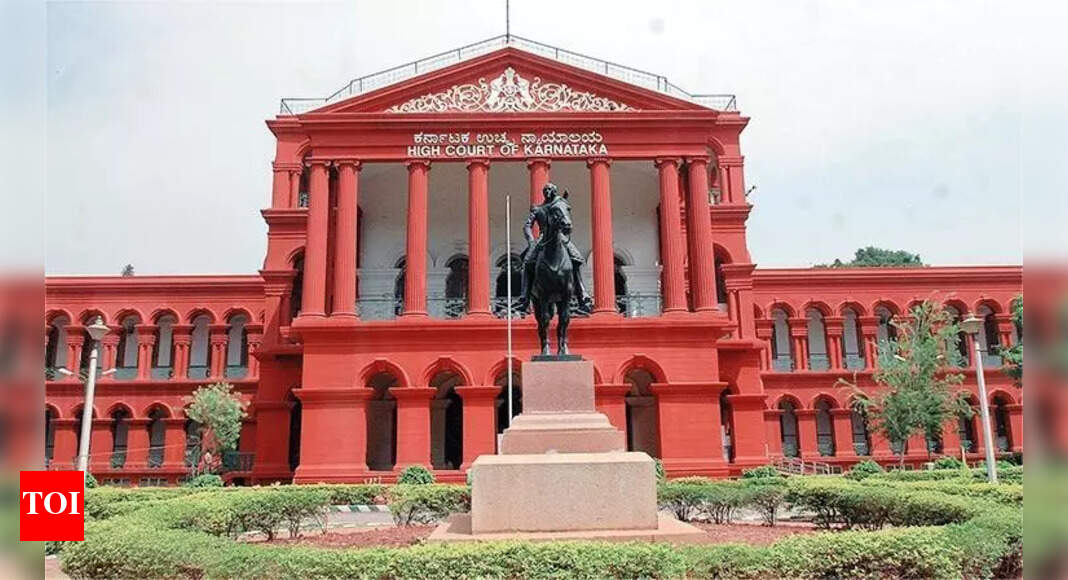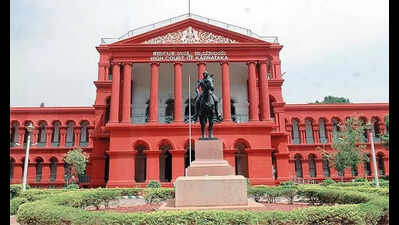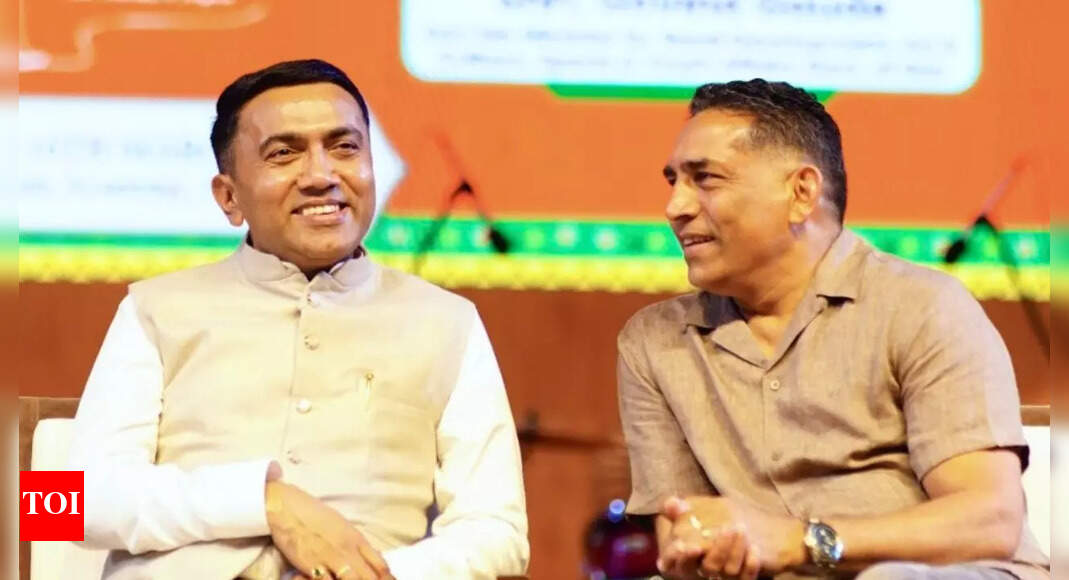Now Reading: Karnataka high court for integrated death records to curb property fraud
-
01
Karnataka high court for integrated death records to curb property fraud
Karnataka high court for integrated death records to curb property fraud


Bengaluru: Karnataka high court has proposed a robust integrated IT framework for the registrar of births and deaths, aimed at preventing manipulation of death records for fraudulent property claims.Justice Suraj Govindaraj, in a recent order, directed that the system must interface seamlessly with revenue department and sub-registrar’s databases to automatically fetch property details when a death-related application is filed.He instructed principal secretaries of e-governance, revenue and urban development departments to develop a comprehensive implementation plan for the IT system within six weeks.
The aim, the court said, is to establish a transparent and foolproof digital mechanism that prevents misuse of death certificates in property-related disputes.The court underscored that the new system should not only fetch land and asset records of the deceased but also cross-reference hospital death data and identity documents like PAN, Aadhaar and voter ID cards to reinforce authenticity.The directive came during the hearing of a decades-old property dispute that brought to the fore a questionable death certificate issued nearly four decades after the purported date of demise.
According to court records, Siddalingaiah had purchased land from Honnamma in April 1979. In 2013, Mahadevaiah claiming to be Honnamma’s grandson approached Lok Adalat seeking a death certificate stating she had passed away on June 15, 1975, four years before the sale took place.Following the Lok Adalat’s order, the deputy tahsildar issued the death certificate in Jan 2014. Suspecting foul play, Siddalingaiah challenged it.
After his death, his legal heirs continued the legal battle, arguing that Honnamma passed away in 1985 — well after the land transaction.Justice Govindaraj found several procedural lapses in the case, observing that only the deputy tahsildar had been made a party to Mahadevaiah’s application and that the official remained absent during proceedings.More importantly, the court clarified that Lok Adalat cannot issue directions in the nature of judicial orders without proper adjudication and must limit itself to recording settlement terms between all affected parties.“Any matter referred to the Lok Adalat must involve the consent of all parties and undergo due verification by the magistrate concerned,” the judge said.Quashing the death certificate issued in 2014, the high court remitted the matter to the appropriate court in Tumakuru for fresh proceedings, ensuring that Siddalingaiah’s family members are included in the deliberations.In a wider directive, the court laid down stringent requirements for processing delayed applications under Section 13 of Registration of Births and Deaths Act, 1969.Applicants must state the reason for the delay, purpose of the application and provide comprehensive information on the deceased’s properties, transactions and all legal heirs. Wherever possible, a medical certificate indicating the date, time and cause of death must also be furnished, it said.























